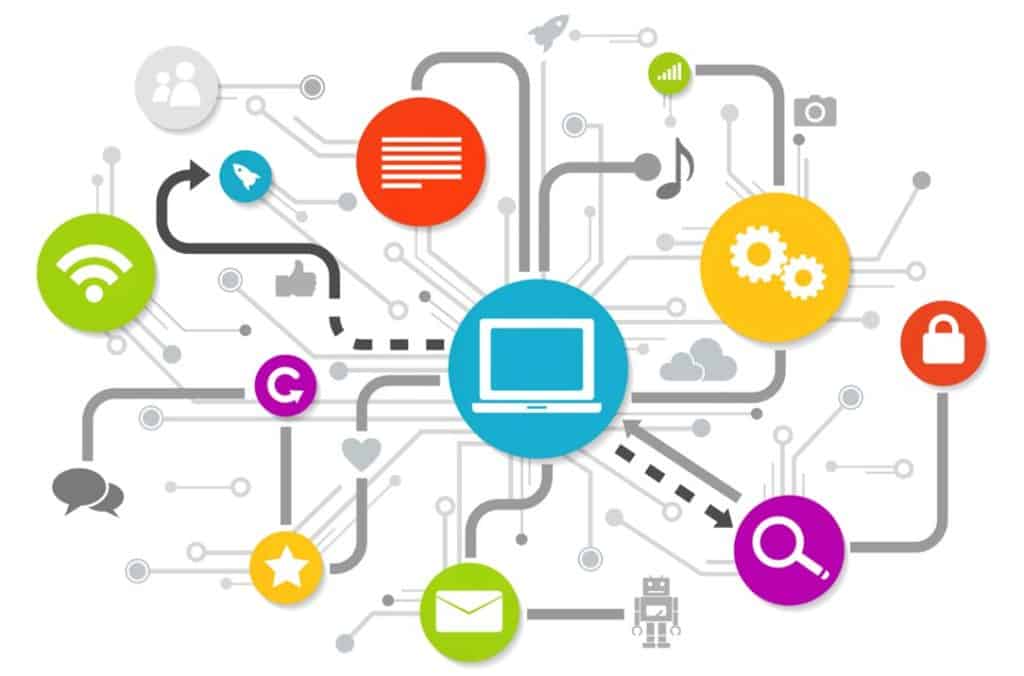One of the many complexities of Healthcare is balancing priorities to achieve business goals. How to treat patients as patients, not customers? How to meet technical, business, and clinical needs all at the same time? How to achieve provider and patient engagement? How to deliver a higher quality of care at a lower cost? The list goes on.
Regardless of corporate priorities, resources at healthcare organizations have to balance their own responsibilities as well. The most successful organizations (or at least those in high-demand) seek to provide applications, services, and products to its employees that help them more efficiently operate in the business environment and drive higher engagement. There are many models, but some of the most successful embed “social” into daily operations.
How? Enter the social intranet.
While intranets have been around for a while, social ones have not. The goal of a social intranet at an organization is to establish a coordinated entry point to various streams of tailored information. Important: tailored. Further, this information does not solely have to be “informational.” Instead, if built with the right strategy and on a robust platform, this intranet can provide access to tools and services that allow resources to operate within their daily routine with limited disruption.
Here’s a scenario in which it may work at a healthcare system:
A doctor logs into their social intranet and reviews upcoming patient appointments revealing a brief profile about each patient. While completing this review, he scans the company twitter feed “Excited to be selected as ‘One of the Most Connected Healthcare Systems in the US’”. Good stuff. As he prepares for his first appointment, he notices that the credentialing status of a member of the surgery department has gone red. He clicks into the details and sees it’s an expired ABLS certificate and the medical staff office sent a note to the doctor to get the update. Cool, no risk there. The doctor checks his outstanding tasks; he forgot to write up interview notes for the new resident. The doctor navigates to the company directory to find the number for the hiring doctor and let him know he will get it done by end of day. The doctor checks the company calendar to confirm when the new wellness program is kicking off, those running shoes have seen better days. Before heading out the door, he quickly posts an answer to a chat feed requesting feedback on a newly acquired medical device.
Thats where he starts and ends his day.
That’s a lot of stuff. And yes, its all in one place. Various use cases can be applied to all sub-segments of the Healthcare industry. All of this controlled by security so that the information is tailored by job, role, location, or any other of a number of criteria, heavily configurable and branded.
This is a social intranet. An intranet that does not disrupt daily activities, but instead enhances an employees ability to achieve self-service and perform their workflow with expanded efficiency. Of course, all applications that are utilized do not exist in the intranet, but establishing a social intranet as a lynch pin between various business units and activities can be extremely beneficial.
Learn more about Silverline’s Salesforce solutions for healthcare.




